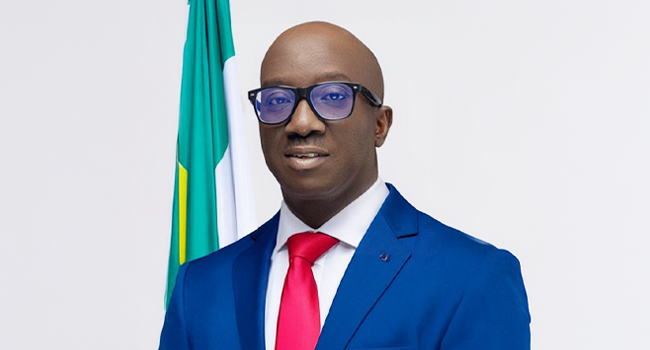The Edo State chapter of the National Association of Proprietors of Private Schools (NAPPS) has expressed strong opposition to a perceived drastic increase in personal income tax levied on private schools in the state.
At a press conference held in Benin City on Friday, NAPPS alleged that the state government has implemented a tax increment exceeding 300%, a move they fear will negatively impact both schools and parents.
Dr. Lemmy Pare Russel, the state chairman of NAPPS, warned that the “arbitrary tax increase” would force private schools to raise their fees, potentially making education less accessible to many families and reflecting poorly on Governor Monday Okpebholo’s administration.
He emphasized that the briefing was prompted by recent personal income tax assessments distributed by the Edo State Internal Revenue Service (EIRS), calling for the Governor’s intervention to address the “unjustified” tax hike.
While assuring the government of private schools’ commitment to paying taxes, Russel demanded a fairer tax structure, arguing that running a school should be considered a social service, not solely a profit-driven business. He cited examples of proprietors facing tax increases from N400,000 in 2024 to over N6 million, potentially forcing some schools to close.
He also noted the lack of consideration for other operational costs, such as local government levies and utility bills, in the new tax regime. Several school proprietors, including Peter Odion Okungbowa, Dr. Mathew Nosa Omoragbon and Mrs. Ojeh-Oziegbe Azuka, echoed these concerns, appealing to the governor to prevent school closures.
However, the Executive Chairman of the EIRS, Mr. Oladele Bankole-Balogun, vehemently denied the claims, asserting that the EIRS lacks the authority to unilaterally increase taxes. He emphasized that taxation is governed by law and any tax increase requires a legislative process.
“The Revenue Service cannot unilaterally increase taxes for private schools. That claim is false,” Bankole-Balogun stated. He suggested that perceived increases might be a result of stricter enforcement of existing tax laws and a crackdown on underreporting and tax evasion.
Bankole-Balogun clarified that the State House of Assembly, acting on the recommendation of the Executive Governor and in line with federal tax laws, is the only body authorized to increase tax rates. He urged Edo residents to view taxation as a civic duty, crucial for funding essential government projects such as roads, schools, hospitals, and infrastructure. The EIRS Chairman maintained that they were actively ensuring compliance with existing laws.

